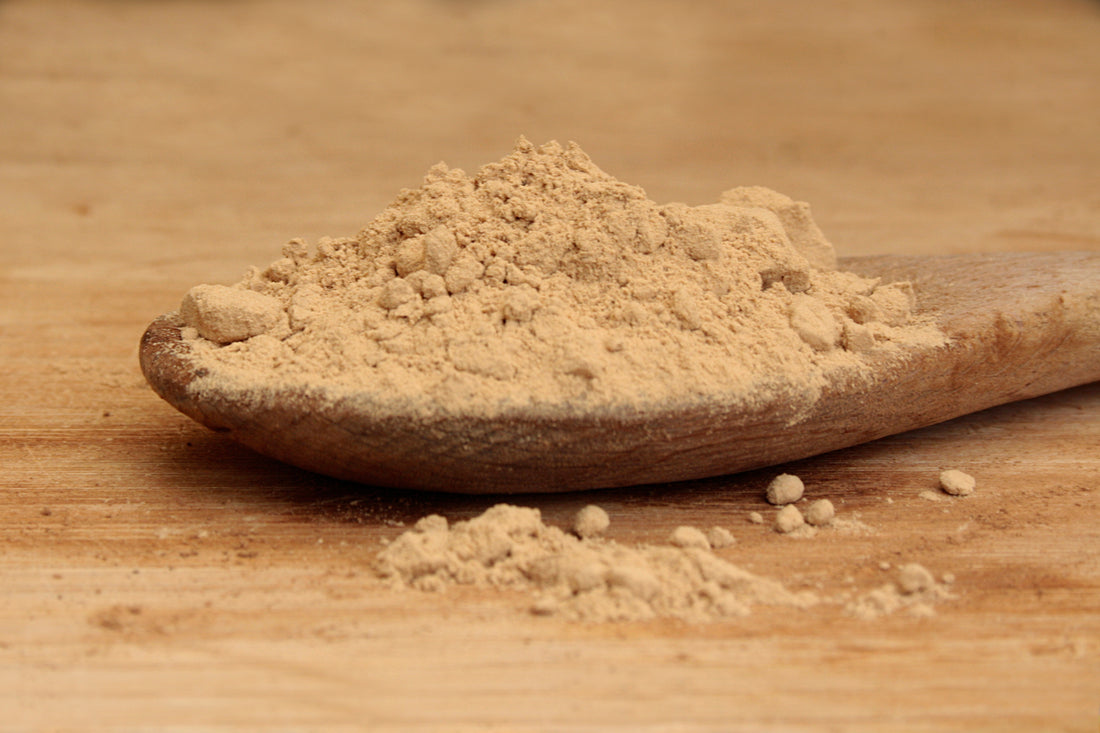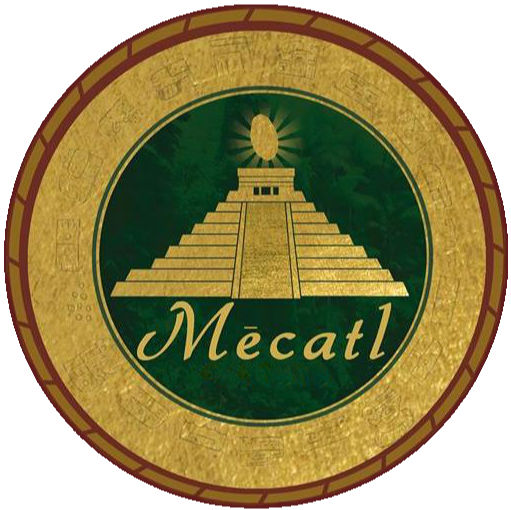
The Astounding Health Benefits of the Lion's Mane Mushroom
Share
Overview
There are a variety of herbal supplements which wind their way through the long history of traditional and folk remedies. One particularly popular and potent one is the Lion's Mane Mushroom, or Hericium erinaceus, which is a rather spectacular looking fungus (its name is an apt description indeed!) of the hydnoid, or "tooth fungi" group, growing from the early autumn onward on the wood of living and dead trees across the northern hemisphere. [1]
The use of lion's mane mushroom in traditional eastern medicine has a lengthy history, dating back at least to ancient China and Japan. In traditional Chinese medicine, where it is also known as "Hou Tou Gu", lion's mane was considered a "superior tonic" and was used to improve overall health and longevity. It was also used to treat digestive issues and to boost the immune system.
Lion's Mane Benefits
In Japan, where it carries the name Yamabushitake, the lion's mane mushroom has been traditionally used to improve cognitive function and memory (something which we shall read about here shortly). It is also believed to have anti-aging properties and is often consumed as a herbal remedy by older individuals. In addition to its use in traditional medicine, the lion's mane mushroom has also been used as a food source in a variety of dishes. It has a mild, almost seafood-like flavor and can well be utilized whole or chopped finely in soups, stir-fries, oven baked just to name a few methods.
The Lion's Mane Mushroom, is a great source of beta-glucan polysaccharides (able to stimulate the immune system), plant protein, fiber, vitamins & minerals, while being very low in fat and calories. In recent years Lion's Mane Mushroom has also been the subject of interest for a variety of scientific research focused on determining its potential therapeutic uses for a number of ailments including dementia, depression and even injuries to the nervous system.[2] [3]
In one study in Japan, performed on older subjects, there was a marked improvement on various cognitive tasks and tests after 8 weeks of daily intake of 3g of dried Lion's Mane Mushroom Powder - about a tablespoon.[4] The pharmacological research into the various bioactive compounds of Lion's Mane keeps uncovering interestingpotential applications.
In a different study, researchers found that Lion's Mane contains compounds able to stimulate Nerve Growth Factor (NGF) synthesis. Nerve Growth Factor is a chemical involved in the activation, repair and creation of new neurons, or nerve cells, thus raising the possibility of applications in regenerative therapy for injuries to the nervous system, including for Alzheimer's and other age-related neurodegenerative diseases. [5]
Conclusion
In summary, the Lion's Mane Mushroom is truly a superfood and the ongoing research into its potential uses for dementia, nervous system damage and as an anti-inflammatory make it truly a dietary supplement to watch.
It's also easy to incorporate into your daily routine – just mix it into your smoothies, coffee, or favorite recipes for a delicious and nutritious boost, as well as enjoying the benefits of 100% Organic Lion's Mane Mushroom Powder, you can try it for yourself here.
As ever, wishing you all the very best & Happy Health,
- The Mecatl Team

Disclaimer:
Mecatl Cacao makes no therapeutic use claims. Therapeutic is defined by the Australian Therapeutic Goods Administration (TGA) as:
1. preventing, diagnosing, curing or alleviating a disease, ailment, defect or injury in persons or animals; or
2. influencing, inhibiting or modifying a physiological process in persons or animals; or
3. testing the susceptibility of persons or animals to a disease or ailment; or
4. influencing, controlling or preventing conception in persons; or
5. testing for pregnancy in persons; or
6. the replacement or modification of parts of the anatomy in persons or animals.
As with any dietary supplement, it's always a good idea to speak with a trusted healthcare provider before adding it to your routine.
